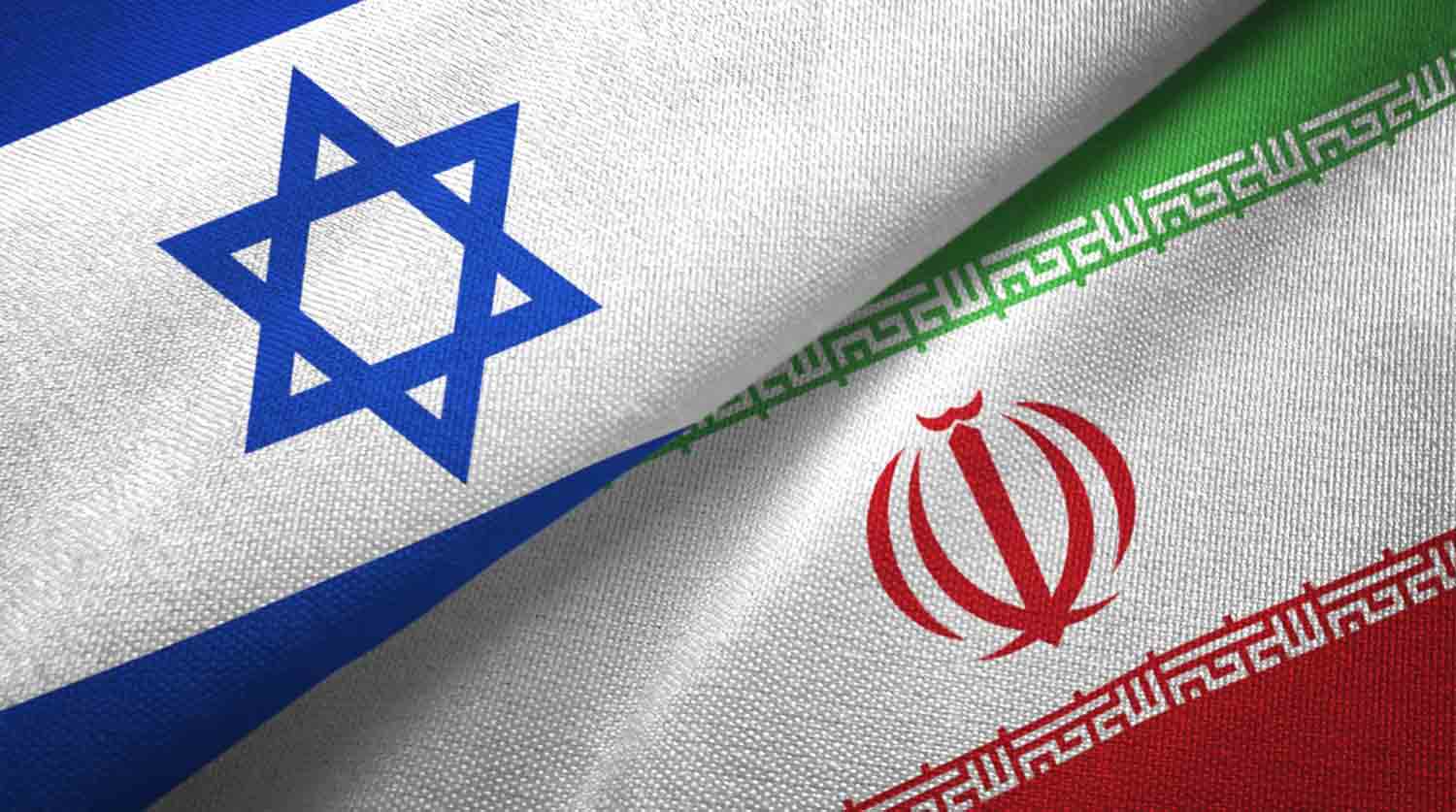Israel anticipates that the forthcoming Trump administration will adopt a firm stance against Iran and its nuclear pursuits, which could pave the way for additional peace agreements with neighboring Arab states, according to a senior official in Israel’s security cabinet.
In an interview with Reuters, Energy Minister Eli Cohen stated that Israel is closer than ever to finalizing a deal to cease hostilities in Lebanon and to push Iran-aligned Hezbollah away from its borders, while affirming Israel’s right to take military action if necessary.
Since Hamas, which receives support from Iran, launched an attack from Gaza on southern Israel on October 7, 2023, Israel has been engaged in a multi-front conflict. Hezbollah commenced its assaults the following day, prompting Israel to initiate a significant air and ground offensive in Gaza and to escalate operations in southern Lebanon in recent months.
Iranian-backed militias have regularly targeted Israel from Yemen and Iraq, leading to direct confrontations between Israel and Iran.
Cohen remarked that the incoming U.S. President Donald Trump is appointing senior officials who “clearly advocate for decisive action against Iran.”
He noted, “The previous Trump administration was marked by increased regional stability. By the end of his presidency, sanctions on Iran were nearing a point where they could compel Iran to alter its nuclear behavior.”
“We certainly hope and believe that the Trump administration will continue this approach, with the primary focus being on taking assertive action against Iran.”
During his campaign, Trump criticized President Joe Biden’s approach to oil export sanctions, arguing that the lack of strict enforcement has diminished Washington’s influence and empowered Tehran. This situation has allegedly enabled Iran to sell oil, amass financial resources, and enhance its nuclear ambitions and regional influence through armed militias.
Trump has appointed U.S. Senator Marco Rubio, a proponent of a strong foreign policy regarding Iran, as his choice for secretary of state. Additionally, Mike Waltz, who is expected to serve as national security adviser, has advocated for a more assertive policy.
Cohen remarked, “We believe Trump is focusing on the financial aspects to curb threatening entities and foster new regional alliances that are crucial.”
NUCLEAR DISPUTE
In 2018, Trump, with backing from Israeli Prime Minister Benjamin Netanyahu, exited a multinational agreement designed to prevent Iran from developing nuclear weapons. Following this, Washington reinstated sanctions to compel Tehran to engage in discussions for a more comprehensive deal that would address its missile program and support for regional proxies.
Iran has consistently denied having a nuclear weapons program, although Supreme Leader Ali Khamenei has stated that if Iran chose to pursue such a path, global leaders “wouldn’t be able to stop us.”
Israel is widely believed to possess a nuclear arsenal, yet it has neither confirmed nor denied this, adhering to a long-standing policy of ambiguity regarding its nuclear capabilities.
During Trump’s initial term, Israel entered into the U.S.-facilitated Abraham Accords, establishing normalized relations with several Muslim nations, including the United Arab Emirates and Bahrain.
Israel is now seeking to negotiate a similar agreement with Saudi Arabia, which has stated that normalization with Israel is contingent upon at least a framework for a Palestinian state.
Concerning the situation in Lebanon, Cohen remarked, “I believe we are closer to reaching an arrangement than we have been since the conflict began.”
He noted that a significant concern for Israel is maintaining the ability to act freely if Hezbollah reestablishes a presence near the border.
“We will adopt a less lenient approach than in the past regarding efforts to establish strongholds in areas adjacent to Israel. This will be our stance, and it will guide our actions.”
Regarding the enforcement of any potential agreement, Cohen mentioned, “There are ongoing discussions, but no consensus has been reached.”
Discover more from Defence Talks | Defense News Hub, Military Updates, Security Insights
Subscribe to get the latest posts sent to your email.





